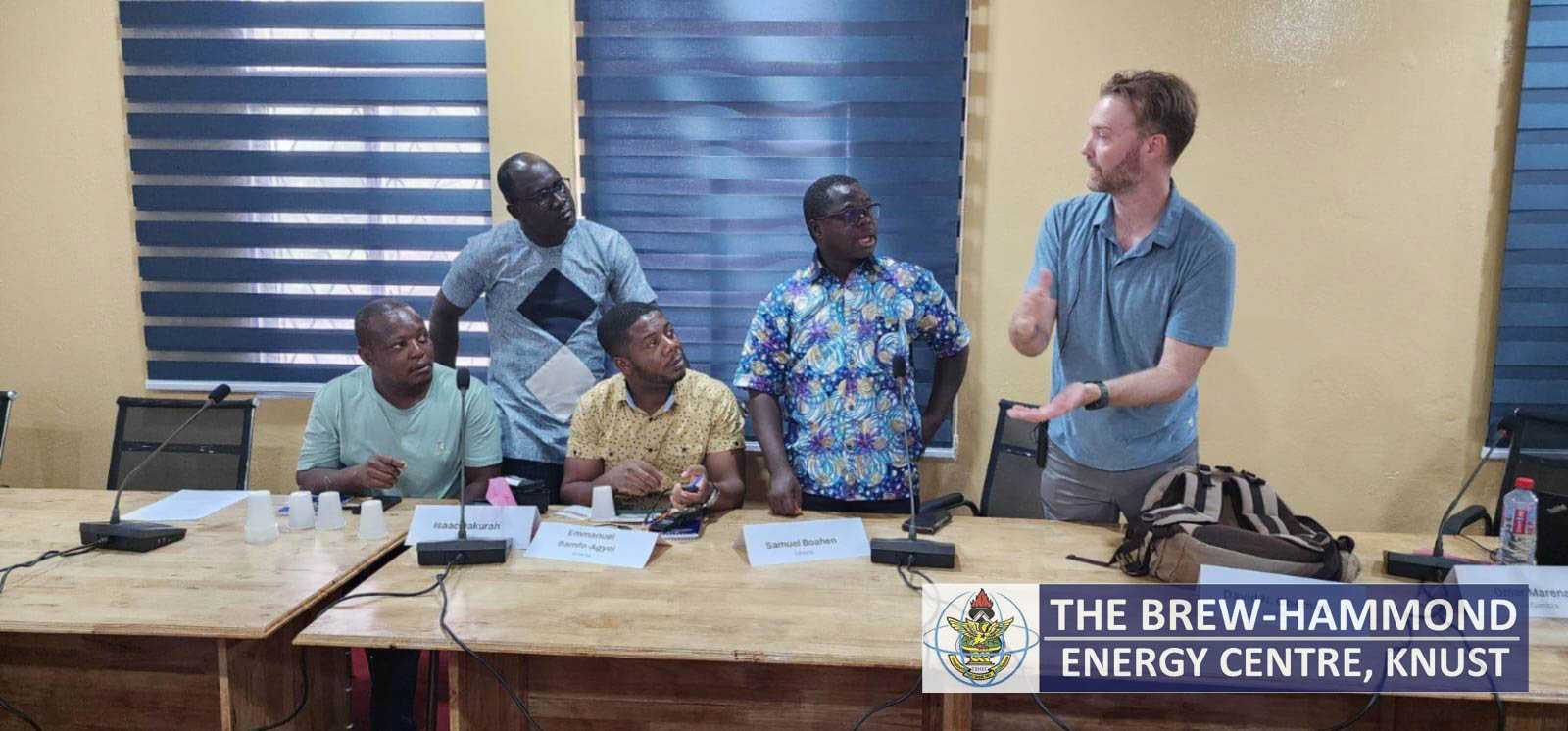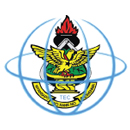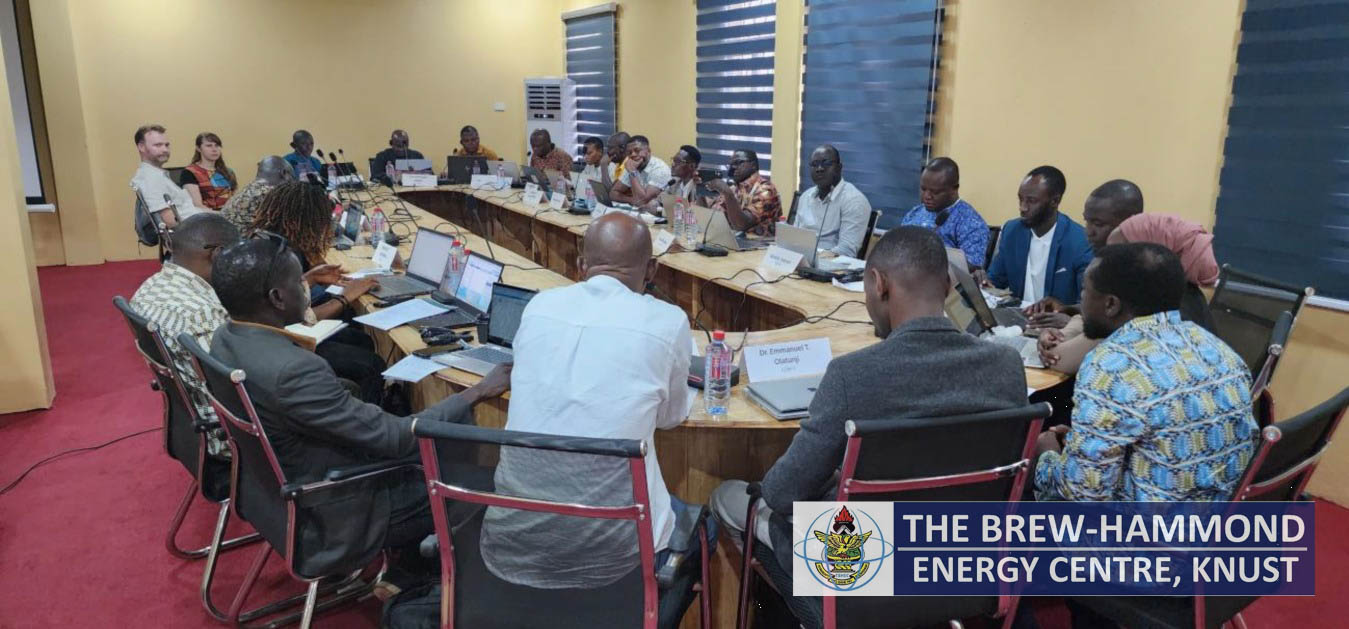Dr. Samuel Boahen, a Fellow at the Brew-Hammond Energy Centre and Senior Lecturer at the Department of Mechanical Engineering, has reaffirmed the Centre’s commitment to climate action and sustainable urban development through his participation in the Urban Heat Island Monitoring and Mitigation Workshop.
The training, which took place from 14th to 18th April 2025, at the National Climate Action Lab of the University of Liberia, brought together researchers and climate experts from Ghana, Liberia, The Gambia, and Togo. The workshop, facilitated by leading international climate experts, Crystal Wespestad and Dr. Ben Crawford, aimed to equip participants with practical skills in urban heat monitoring and data interpretation using low-cost tools and open-source platforms.
According to Dr. Boahen, the core objectives of the workshop were to provide hands-on experience in urban heat data collection using iButtons, Kestrel sensors, and FLIR thermal cameras, and to introduce participants to Google Earth Engine (GEE) for analysing satellite-derived Land Surface Temperature (LST) and other environmental indicators. He added that the training was instrumental in building skills for visualising and interpreting urban heat data to inform climate-resilient urban planning and infrastructure development.
He revealed plans to apply the lessons from the workshop to Ghana, particularly in Accra.
“As an outcome of the workshop, we aim to develop a comprehensive Urban Heat Island map for Ghana, with Accra as the pilot city. We plan to deploy monitoring equipment in selected communities to measure key indicators such as ambient air temperature, land surface temperature, and localised heat intensity. This will provide valuable insights into how much warmer urban Accra is compared to its surrounding rural communities.”
Dr. Boahen emphasised the value of using simple tools and equipment, iButtons, thermal image sensors to develop urban heat island maps that should guide policy and planning decisions. He outlined potential applications including assessing thermal stress in informal settlements, supporting green building codes through data-backed evidence, and guiding climate-responsive infrastructure planning.
 Over the course of the five-day workshop, participants were trained in the physical processes behind urban heat islands (UHIs) and guided in selecting appropriate locations to deploy air temperature sensors. iButtons were installed around the University of Liberia campus to gather ground-level temperature data. Participants were also taught how to access and analyse spatial data on GEE for urban heat assessment.
Over the course of the five-day workshop, participants were trained in the physical processes behind urban heat islands (UHIs) and guided in selecting appropriate locations to deploy air temperature sensors. iButtons were installed around the University of Liberia campus to gather ground-level temperature data. Participants were also taught how to access and analyse spatial data on GEE for urban heat assessment.

